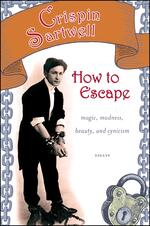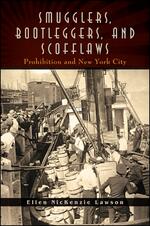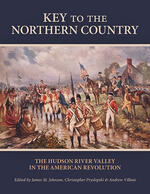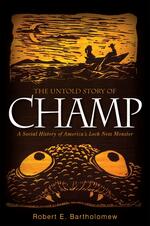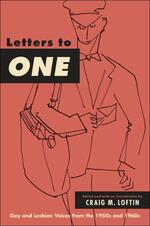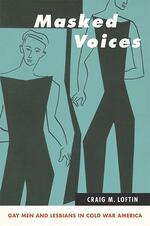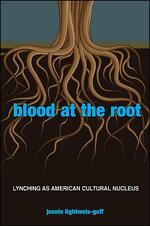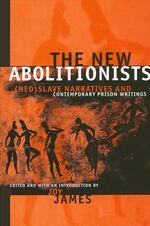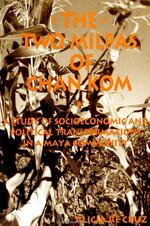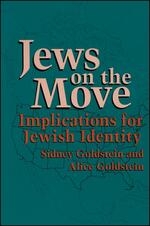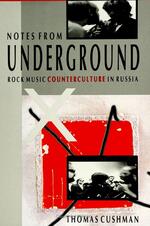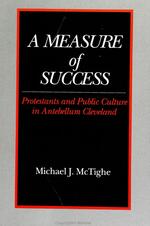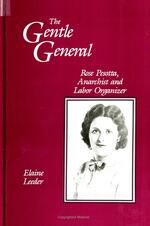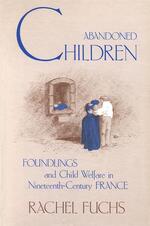Social and Cultural History
Stairway to Empire
The story of the Erie Canal’s completion and its place in the larger narrative of American modernity and progress.
How to Escape
Passionate and rollicking personal and intellectual essays by philosopher Crispin Sartwell.
Smugglers, Bootleggers, and Scofflaws
Uses previously unstudied Coast Guard records for New York City and environs to examine the development of Rum Row and smuggling in New York City during Prohibition.
Key to the Northern Country
Offers nearly forty years of interdisciplinary scholarship on the Hudson River Valley’s role in the American Revolution.
The Untold Story of Champ
The definitive account of a Lake Champlain legend.
Letters to ONE
Collection of letters written to the first openly gay magazine in the United States.
The Federal Government and Urban Housing, Third Edition
A comprehensive history of U.S. housing policy that illuminates the political struggles that have accompanied the nation’s effort to assist those citizens who are in desperate need of decent, affordable housing.
Masked Voices
An analysis of unpublished letters to the first American gay magazine reveals the agency, adaptation, and resistance occurring in the gay community during the McCarthy era.
Blood at the Root
Examines the relationship of lynching to black and white citizenship in the 19th and 20th century U. S. through a focus on historical, visual, cultural, and literary texts.
We Used to Own the Bronx
An inside story of privilege, inherited wealth, and the bizarre values and customs of the American upper crust.
White Horizon
From explorers’ accounts to boys’ adventure fiction, how Arctic exploration served as a metaphor for nation-building and empire in nineteenth-century Britain.
The New Abolitionists
Writings by twentieth-century imprisoned authors examining confinement, enslavement, and political organizing in prison.
Reinventing Government or Reinventing Ourselves
Viewing the public as owners rather than customers of government, this book argues that better performance by public agencies requires active and responsible citizens as well as efficient organizations.
The Two Milpas of Chan Kom
An ethnographic account of Chan Kom, a contemporary Maya community in Yucatan, Mexico that focuses on the social schism within the community resulting from an accelerated process of migration to Cancun, a major tourist center.
For God and Fatherland
This analysis of the crises in church-state relations in Argentina over the last 100 years shows that the constitutionally-established Catholic Church was progressively disenfranchised by various governments and responded by struggling to maintain the institution’s historic rights and privileges and to speak as the moral conscience of Argentina
Jews on the Move
Based on data from the 1990 National Jewish Population Survey, the authors examine the high level of mobility among American Jews and their increasing dispersion throughout the United States, and how ...
Notes from Underground
Describes the Russian rock music counterculture and how it is changing in response to Russia's transition from a socialist to a capitalist society. It explores the lived experiences, the thoughts and feelings of the rock musicians as they meet the challenges of change.
On the Shoulders of Merchants
This book shows how the universal quantification of science resulted from the routinization of commercial practices that were familiar in scientist's daily lives. Following the work of Franz Borkenau ...
A Measure of Success
This book examines the role Protestants played in the formation of the public culture of antebellum Cleveland, a developing commercial city typical of many cities throughout the Midwest. The author analyzes ...
The Gentle General
This is the first major biography of Rose Pesotta, the organizer and vice president of the International Ladies Garment Workers' Union (ILGWU) from 1933 to 1944. After moving to the United States from ...
Abandoned Children
In nineteenth-century France, parents abandoned their children in overwhelming numbers—up to 20 percent of live births in the Parisian area. The infants were left at state-run homes and were then transferred ...

